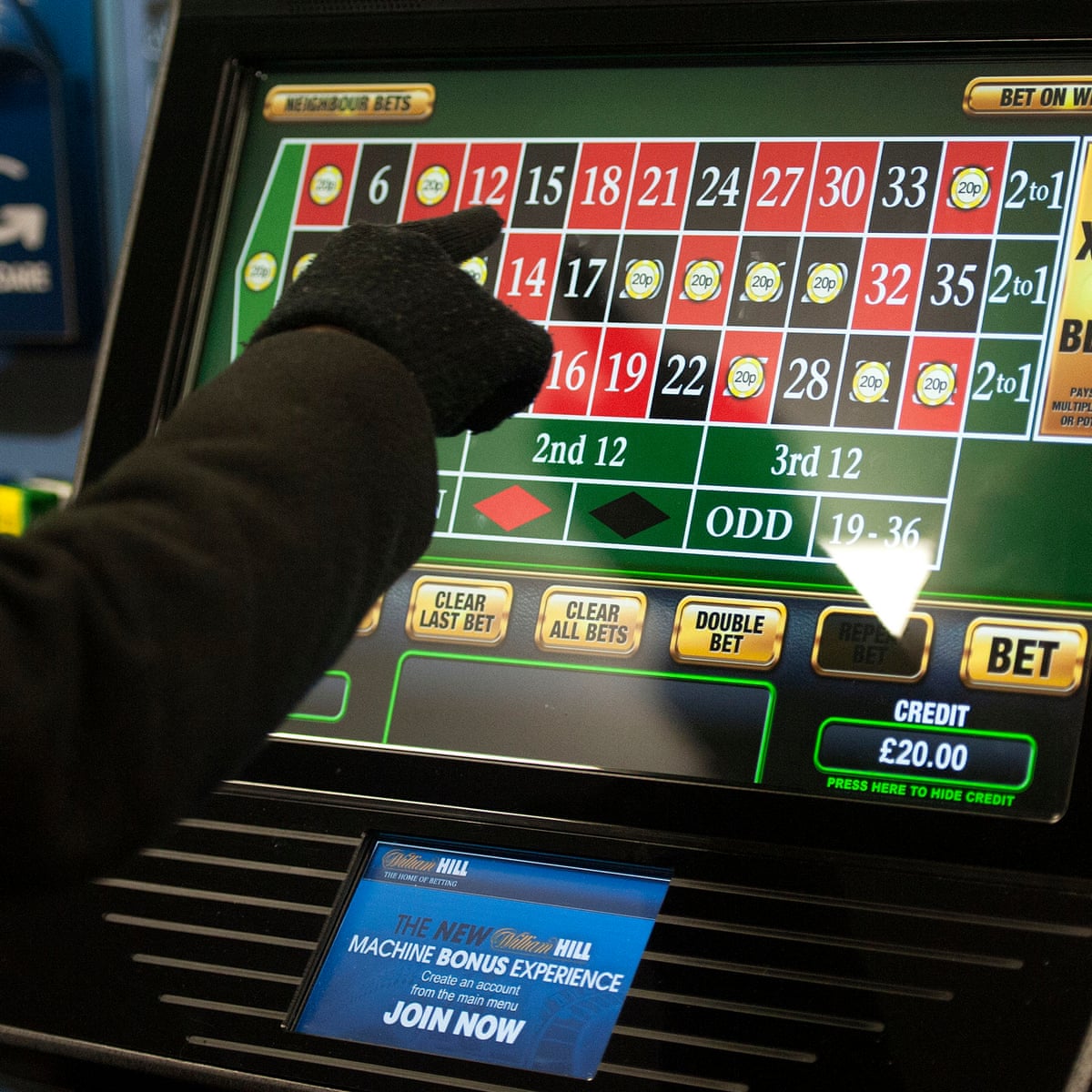Gambling Due To Poverty
We're here to help

The balance of money collected from the activity is a transfer from the poor to the rich. Gambling as a solution to social revenue needs faces the risk of turning poverty into misery, even for many who do not themselves gamble at all. General population surveys show that gambling is prevalent in many high-income countries. Poverty is the main one. Gaming in the UK had been heavily regulated up until the incredibly reckless gambling act 2005 was passed. The result was gambling becoming very damaging to the country. Gambling addiction, also called compulsive gambling or pathological gambling, is an irrepressible urge to gamble, regardless of the negative impact that gambling may have on your personal, professional or financial well-being 1. Gambling addiction is a chronic condition, similar to alcoholism or drug addiction, according to Medline Plus 1. Poverty leads to mental states which can lead to drug abuse which leads to addiction, which begets crime, which leads to worse employment prospects. A flow diagram to show the effects and directions that these two conditions could lead to would be a huge circular mess, with arrows flying in all directions. View a short introductory video to learn more about the Self-Help Gambling Tools. Gambling Quiz Answering these nine questions will help you understand if gambling is having a negative impact on your life. Monitor Your Gambling & Urges Use this tool to keep track of when you gamble, or feel the urge to gamble. Mobile App also available.
'All the staff have been really helpful and I can honestly say I'm glad that I'm here!' Learn more about us
Published: Wednesday, 16 April 2014 by
Anyone who gets caught up in the downward spiral of problem gambling finds only too soon that the negative impact on his or her life can be devastating. Finding money to gamble is usually the most immediate and obvious issue which brings with it enough problems, but in addition an all consuming compulsion to gamble at any cost leads to difficulties which affect employment, quality of life, family relationships and mental and physical health.
And of course, problem gambling doesn't just affect the individual. It's estimated that for every problem gambler at least 10 other family members, friends and colleagues are also directly affected.The negative impact on wider society is only just beginning to be recognised and an analysis of those problem gamblers in the Gordon Moody Association residential treatment programme during 2012 and 2013 gives the following insights:
Financial cost
The amounts gambled away varied between £5,000 and £3m. Of those gambling in the range £10,000 - £50,000, 59 people claimed to have gambled away a total amount of £1,225,194 with an average amount of £20,766 gambled per person.
Even for those with a job this is a sizeable amount to have to find on top of living expenses and, since the majority were unemployed (65% in 2013, 78% in 2012), all this gambling money had to be funded from other sources - borrowing from family and friends, high street money lenders, pawnshops and loan sharks.
Many Gordon Moody Association residents also report that families remortgage their houses and go into debt themselves in order to try and help sort out the problems of their loved one.
Does Gambling Lead To Poverty
Many problem gamblers get into huge debt and often resort to illegal activities to fund their addiction including stealing from their loved ones and their employers as well as turning to other illegal ways of making money to gamble.

Those who are unable to cope with their debts may choose or be forced into bankruptcy and society then carries the rest of the debt. If court costs are involved this adds to the total financial cost.
Those who are unemployed and unable to work due to their addiction are surviving on state benefits which at the very minimum amount to £57.35 per week (Jobseekers Allowance) and may amount to a great deal more. Assuming six months unemployment and at the basic rate of benefit this is an additional cost of £1,491 per person for 18 - 24s and £1,882 for adults who are 25+.
Criminality
If a problem gambler turns to crime then police time, court costs, probation services and prison services and other support services need to be factored into the cost to society. The average annual overall cost of a prison place in England and Wales for the financial year 2011-12 was £37,649 (NOMS).

Health services
Whilst problem gambling has not until recently been identified officially as a health issue and little or no funding is currently available for treatment from the NHS, health services are often involved as many problem gamblers develop physical and mental health issues as a result of stress and anxiety and the effects of other risk taking behaviours.
The effects on children
Gambling Due To Poverty Increase
Sadly many family relationships breakdown as a result of problem gambling and children are the innocent victims not only because of the emotional distress created within the home but also often the loss of contact with their parent who leaves and the poverty which can result because of the behaviour of the problem gambler.


With this in mind it is clear to see that the issues and costs associated with any problem gambler can extend far beyond the basic financial cost and helping the recovery of one individual will have a much wider positive social impact.
Supporting you
Gambling Due To Poverty Affects
'I'm very lucky to be here with so many other addicts who are positive and want to change and achieve recovery' Learn about our programme